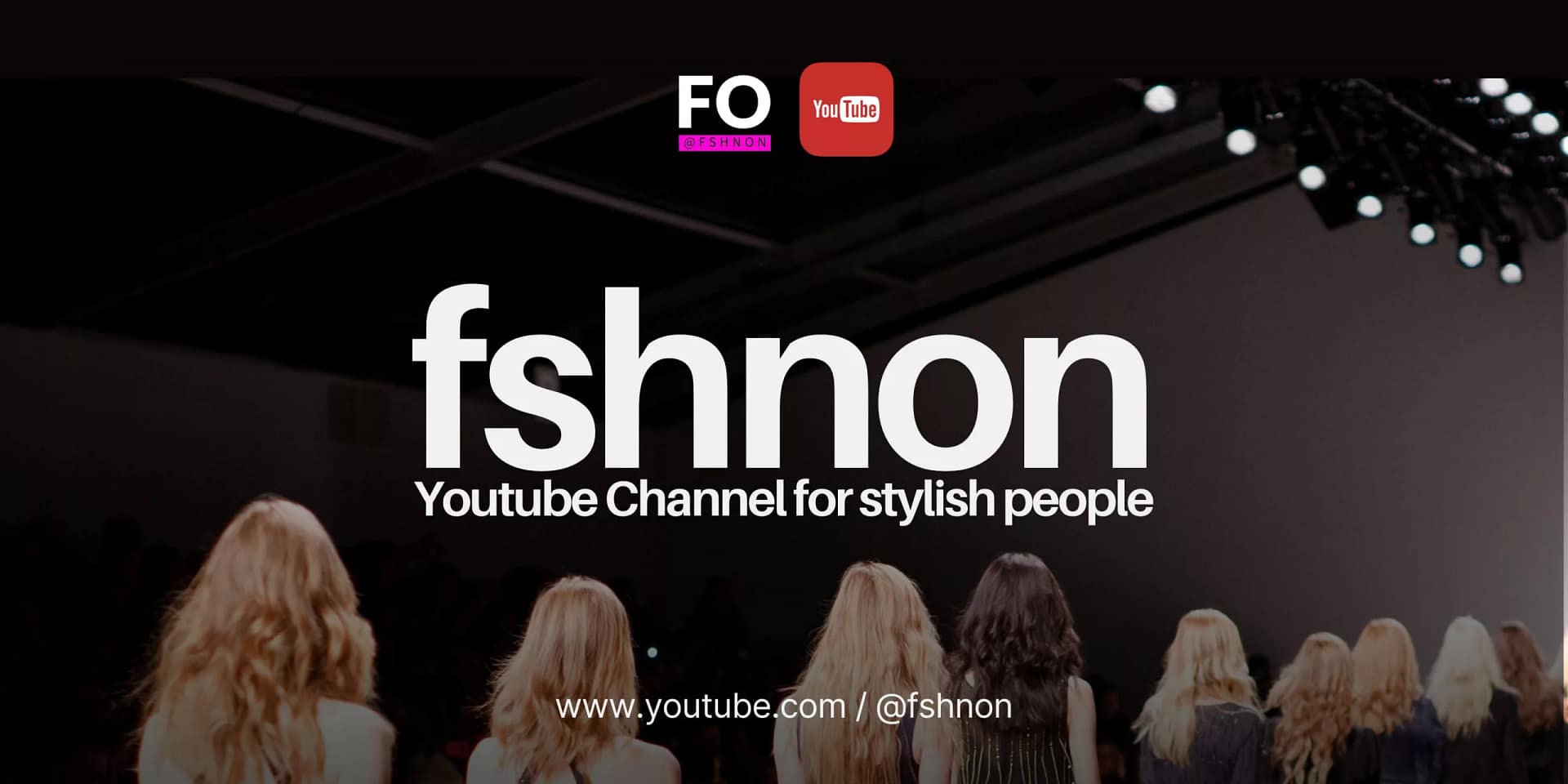The Cannes Film Festival has always been more than just a place to show movies. It’s where fashion and fame come together in the most glamorous way. But this year Cannes decided to change the rules.
Right before the 2025 festival kicked off organizers introduced a new dress code. No sheer dresses. No plunging necklines. No short skirts. No oversized, dramatic gowns. In short, they wanted everything to be “elegant and decent”. The announcement caused instant drama. Some people saw it as old-fashioned and restrictive. Others felt it was a smart way to bring back some class to the event. But there’s another angle to this story: was this all just a clever PR move?
Let’s look at the facts. In 2024 fashion brands made huge amounts of money in media exposure thanks to what stars wore at Cannes. One post from Selena Gomez in a Saint Laurent dress helped the brand earn $14 million in what’s called Media Impact Value (or MIV). Bella Hadid’s see-through gown the same year brought in over $7 million in media buzz. These are real marketing numbers used by fashion houses to measure success of all red carpets.
So when Cannes made this new dress code rule, it wasn’t just a quiet internal decision. It exploded across social media and news platforms. Vogue, The Guardian, WWD and dozens of fashion bloggers and influencers picked up the story. TikTok users reacted with opinions, stylists gave interviews and people online argued about whether Cannes had gone too far. In short, the dress code became the main event, even more than the movies.
And that’s where the PR theory comes in. The timing of the rule change wasn’t random, it came just days before the red carpet began. That gave the media time to run with the story and get people buzzing. If Cannes wanted attention (and let’s be honest, every big event does), they got it. In fact, it might have been their smartest publicity move in years.
But it wasn’t easy for everyone. Stylists were upset. Some had already prepared outfits months in advance – many of them now not allowed. Designers who create more dramatic or revealing clothes had to back out or change plans. It was a last-minute scramble and not everyone was happy. Still some celebrities managed to shine within the limits.
The bigger picture is about control. Cannes has always tried to keep a certain level of class and tradition. Was the dress code really about elegance? Probably, yes. But was it also a smart way to grab attention, dominate headlines and boost Cannes’ image? Absolutely.









